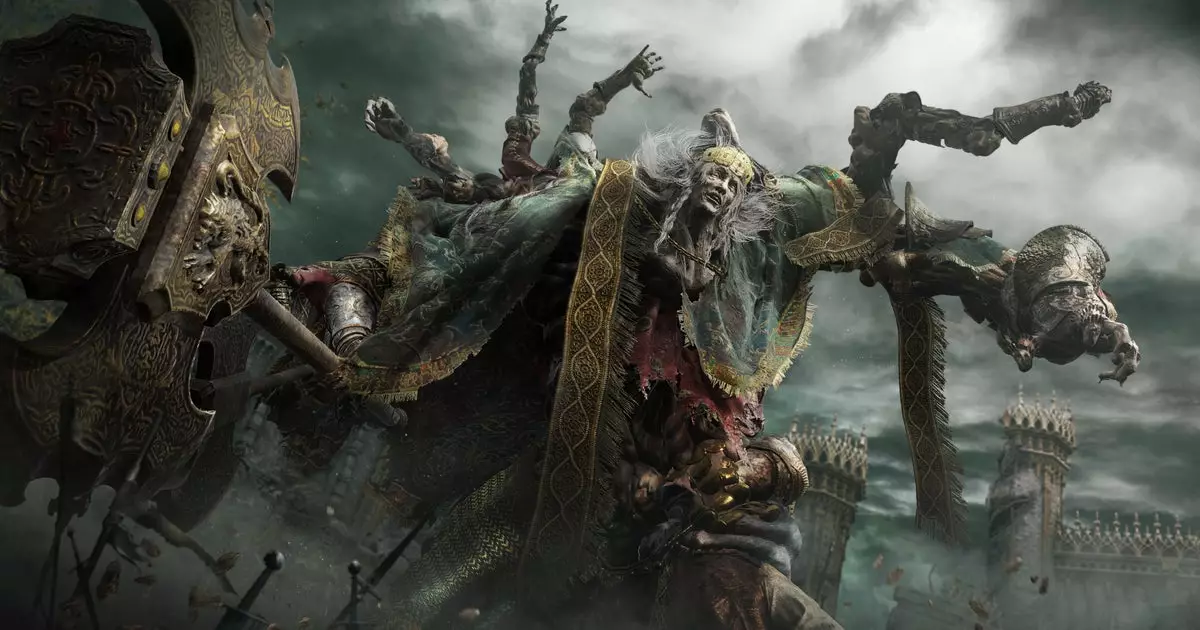In the rapidly changing world of video game development, corporate acquisitions have become a defining characteristic of the industry. The recent news surrounding Sony’s potential acquisition of Kadokawa Corporation, the parent company of renowned developer From Software, is a prime example of this trend. Reports indicate that Sony is pursuing Kadokawa not just for their cutting-edge technology and development capabilities but also for a treasure trove of intellectual property, which includes popular franchises ranging from Danganronpa to the critically acclaimed Dark Souls series.
This acquisition highlights Sony’s strategy to broaden its portfolio and solidify its position as a leader in both gaming and entertainment media. As players continue to migrate across platforms, the company recognizes the necessity of diversifying its offerings to captivate an engaged and demanding audience. By successfully integrating Kadokawa’s assets into its own operations, Sony aims to establish a more robust ecosystem that enhances player experiences and keeps them coming back for more.
However, while consolidation can lead to efficiency and innovative growth, it raises fundamental questions about the health of the gaming industry. The acquisition of Kadokawa—if finalized—necessitates a critical evaluation of the implications of such megacorporation mergers. Industry observers and gamers alike must consider whether this trend signals the end of diversity within game development or serves to amplify creativity through increased funding and resources.
The amalgamation of studios often leads to a singular vision or style that can detract from the uniqueness of individual titles. It creates a scenario where gaming content becomes homogenized, diminishing the vibrant spectrum of genres and storytelling strategies that historically characterized the industry. The risk of losing niche concepts and experimentation looms large as Sony seeks to align its acquisitions with broad commercial successes.
One of the potent motivations behind Sony’s pursuit of Kadokawa is likely the potential for exclusive titles that could reinforce the allure of its PlayStation platform. The idea of locking down franchises like Dark Souls or new creations from From Software can undeniably create a fierce competitive advantage. However, the traditional notion of exclusives has evolved in recent years. Many publishers have adopted a model that favors time-limited exclusivity, often releasing titles across multiple platforms after initial launch windows.
This strategy is particularly beneficial for maximizing revenue but can frustrate dedicated fans who may be left waiting longer to access their favorite titles on different platforms. The gaming community, once predominantly loyal to a single platform, has become increasingly fluid, drawn to where the best content lies rather than brand loyalty alone.
Moreover, as Kadokawa moves forward post-cyberattack, it harbors a burgeoning pipeline of 26 game projects, a testament to its creative capabilities despite recent challenges. If these projects fall under Sony’s umbrella, they could be poised to offer the company valuable intellectual properties that not only recover past losses but also pave the way for the next generation of beloved games.
As the gaming industry shifts towards wider corporate consolidation, the implications for creativity, competition, and consumer choice remain complex and multifaceted. As stakeholders evaluate the potential benefits and drawbacks of such acquisitions, fans must remain vigilant and engaged in the conversation to ensure that their voices are heard amid the clamor for corporate growth. Ultimately, the health of gaming will depend on a balanced approach that nurtures innovation while fostering richly diverse content.

